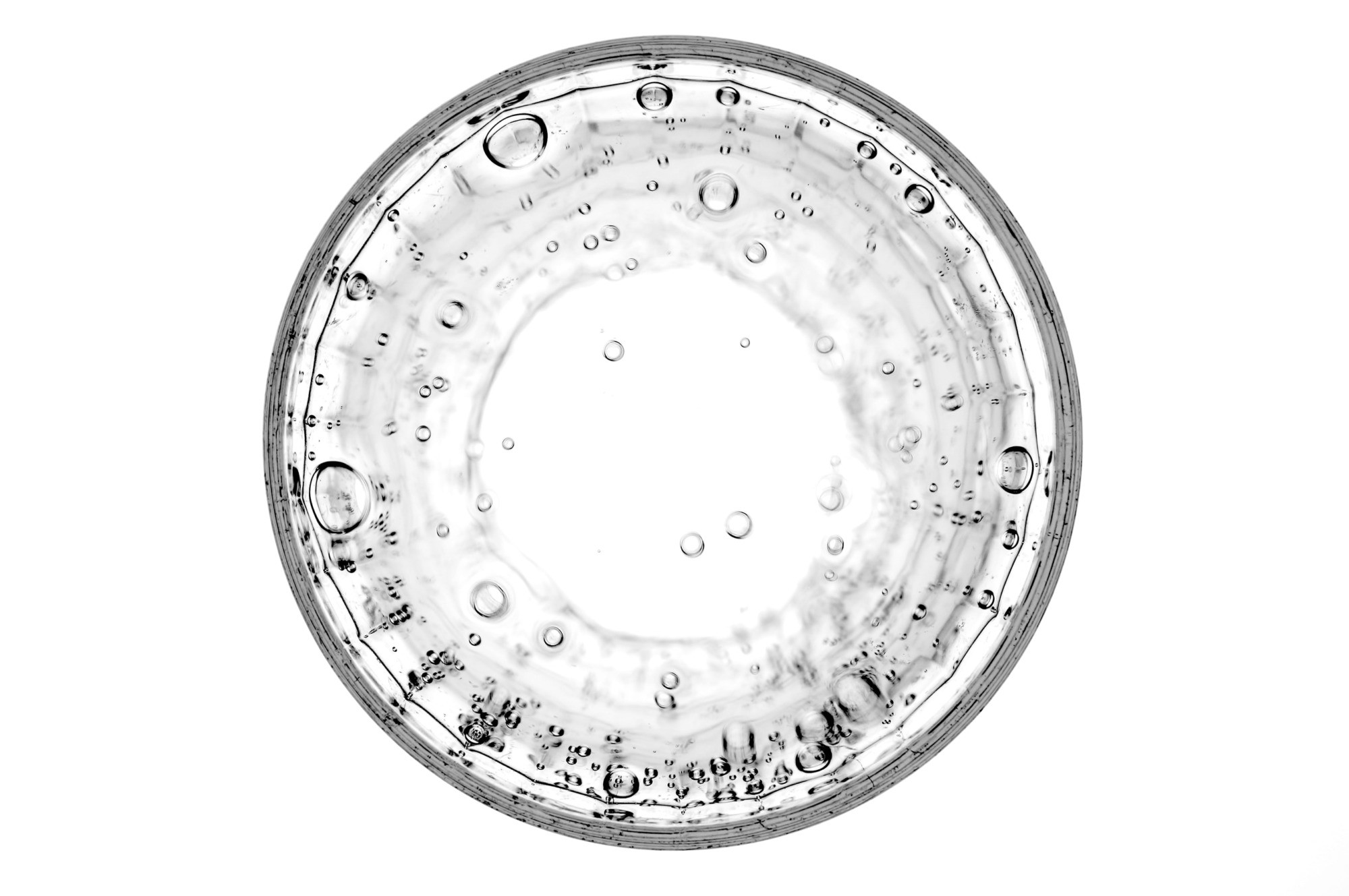The food giant Danone has been offering a carbonated Evian mineral water for the first time this year – and is relying on a recyclable aluminium can. The renowned brand is thus taking an innovative step in terms of product range differentiation (with packaging innovation at the core) and also wants to open up new markets. At the same time, Evian is pushing its circular thinking with the new beverage packaging. However, the climate aspect could become a sticking point.
Until now, natural mineral water from Evian was only available in the still version. Since this year, the brand has also been offering carbonated mineral water for the first time. The launch is a double premiere because Danone is also offering its new product in innovative packaging.
Aluminium or rPET
The new water will be available in numerous supermarkets during 2022. Tesco stores in the UK will be the first. Here, consumers can choose between two packaging variants. In addition to the recyclable 33-cl aluminium can as a real premiere for sparkling water at the POS, the product is also available in 1-litre bottles made of 100 per cent recycled PET (without cap and label).
Evian+ as a forerunner
Early last summer, Evian launched “Evian+”, an innovative new product line in the USA. For the flavoured and also carbonated functional drink, the brand had also relied on a recyclable aluminium can.
Marketing, circular economy – and a question mark
It is clever that Evian also relies on packaging that is innovative for the segment for its product innovation. The new combination is ideal for differentiating the range and opening up new markets.
At the same time, the new “dream team” also stands for the further establishment and differentiation of closed-loop thinking. Evian’s move shows that when it comes to substituting virgin plastic, it is not only rPET and paper that come into question, but also metal.
One question mark remains, however – and that is with regard to the climate balance. Aluminium is criticised for its allegedly high CO2 footprint.

